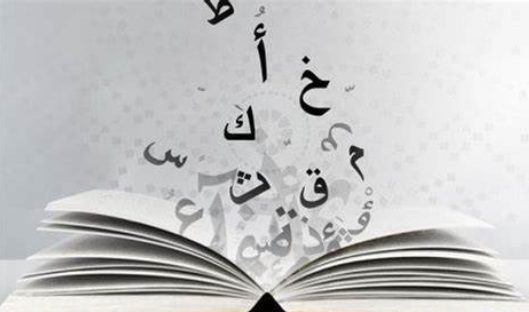The Arabic language: the language of history and civilization


Arabic: The language of history and civilization
Arabic is one of the oldest and most influential high languages in the world. It is not just a means of communication, it is a language of great history and civilization. For centuries, Arabic has been the language of literature, science, and philosophy. It is also the language in which the Holy Quran came, giving it great sanctity to more than a billion Muslims around the world.
Arabic Language Formation and Development
The Arabic language has its origins in the region of the Arabian Peninsula and has evolved through the ages to become as we know it today. Arabic was initially the language of poets and Bedouin tribes who relied on openness and eloquence in expressing their feelings and thoughts. With the advent of Islam, Arabic was widely spoken and became the language of science, religion and civilization in the Muslim world.
characteristics of the Arabic language
Arabic is rich in language and language. It contains a large number of vocabulary and compositions that give speakers flexibility in expression and precision in meaning. Arabic also relies on a root linguistic system, where many words are derived from one root, making them rich and adaptable to language developments.
Literally. This alphabet is not only a writing tool, 28 of the highlights of Arabic also is the writing system from right to left, a language written in a unique alphabet consisting of but is part of the cultural and artistic heritage, where it is used in decorative arts and Arabic calligraphy.
The importance of Arabic in modern times
400 countries, spoken by some 22 per cent of the Arabic language, are still alive and used in many areas. It is the official language of more than 1 million people as the first language. Arabic is one of the official languages of the United Nations and an international language of great importance in the areas of politics, economics and information..
Arabic also plays a major role in the fields of education and scientific research in the Arab world, where different sciences and literature are taught in this language. Significant efforts are being made to enhance the status of Arabic at the global level through the dissemination of digital content and educational programs online.
learn the Arabic language
In recent years, interest in learning Arabic has increased globally, both for religious, cultural and economic purposes. Many academic institutions and e-platforms offer courses to teach Arabic, from alphabetical letters to advanced levels of grammar, exchange and literature.
Learning Arabic is not just acquiring a new language, it is a door to understanding an ancient civilization and a rich culture. With language learning, learners discover Arab literary and poetic heritage, and learn stories and myths that move them through time to golden ages of history.
conclusion
Arabic is not just a language of communication, it is a symbol of civilization and culture. Thanks to its rich history and unique characteristics, Arabic will continue to occupy a special place in the hearts of millions of people. Whether you learn the language for personal or professional purposes, mastering it will open new doors for you to discover a world full of beauty and diversity.
